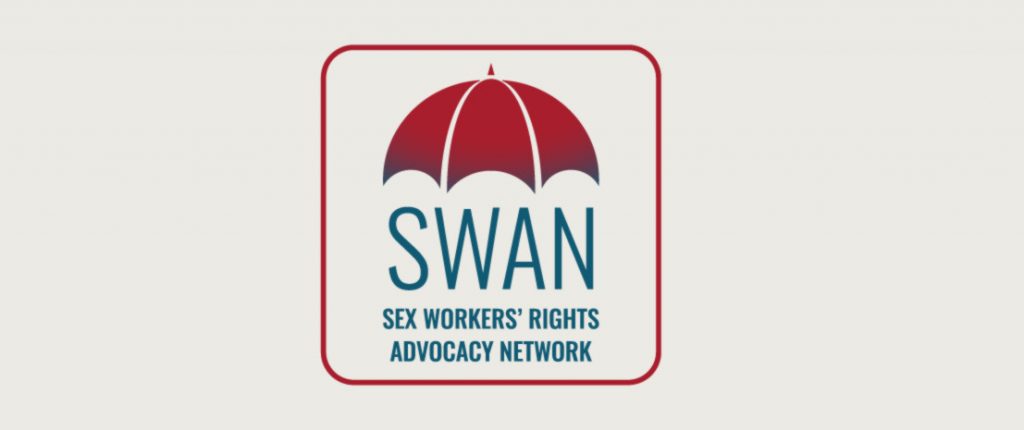As the COVID-19 restrictions continue to stay in place, their crippling effects on marginalised communities grow deeper. For sex workers this means complete loss of income, danger of losing their homes and struggle to provide food for themselves and their families. The very limited government protection measures in the region are not accessible to most sex workers, which leaves them with only the meager support organisations are able to provide. The poverty and lack of support pushes many sex workers to violate lockdown rules and keep working in order to survive.
As the COVID-19 restrictions continue to stay in place, their crippling effects on marginalised communities grow deeper. For sex workers this means complete loss of income, danger of losing their homes and struggle to provide food for themselves and their families. The very limited government protection measures in the region are not accessible to most sex workers, which leaves them with only the meager support organisations are able to provide. The poverty and lack of support pushes many sex workers to violate lockdown rules and keep working in order to survive. But if they do so, they face huge fines, ill treatment by the officials, and arrests.
In most countries service provision has ceased or is very limited and sex workers report difficulties in accessing ARV therapy, hormone therapy, sexual, reproductive and mental health services. Without any support from governments, sex workers are left to both find ways to survive and help other community members to survive by organising fundraisers or simply sharing whatever resource they have personally.
This pandemic poses a great threat for not only individual sex workers but also for their organisations. National sex worker-led organisations are in danger of losing funding and valuable human resources because meeting donor criteria is becoming impossible under current circumstances. It is not always possible to move planned activities online and this means some of these activities may not be undertaken due to lockdown measures or changing needs of sex workers on the ground. Sex worker-led organisations often operate under precarity. For these organisations the loss of funding means a loss of valuable human resources that cannot be easily replaced, as in most cases it takes community members years to build their organisations and capacities of staff. Our members reported that some donors have been understanding to the changing needs of sex workers, were flexible with re-programming and allowed using funds for activists to distribute masks, sanitisers, condoms, food packs and other necessities.
But, this is far from enough. Sex workers’ rights organisations need stronger donor engagement and support to be able to survive this pandemic. After the consultation we had with our member organisations, we urge all funders to;
- Show flexibility in (re)programming to address needs of sex workers on the ground, but also to secure survival and sustainability of community-led groups;
- Secure continuity of community-led services during crisis;
- Establish emergency funds with easy access for those most vulnerable in crises;
- Explore possibilities to allow budget lines for emergency response to cover basic needs such as food and medicine, but also emergency legal support and other;
- Recognise sex work as work! Support decriminalisation as the only model which can secure labour rights of sex workers and provide social and health protections during crises like this!
